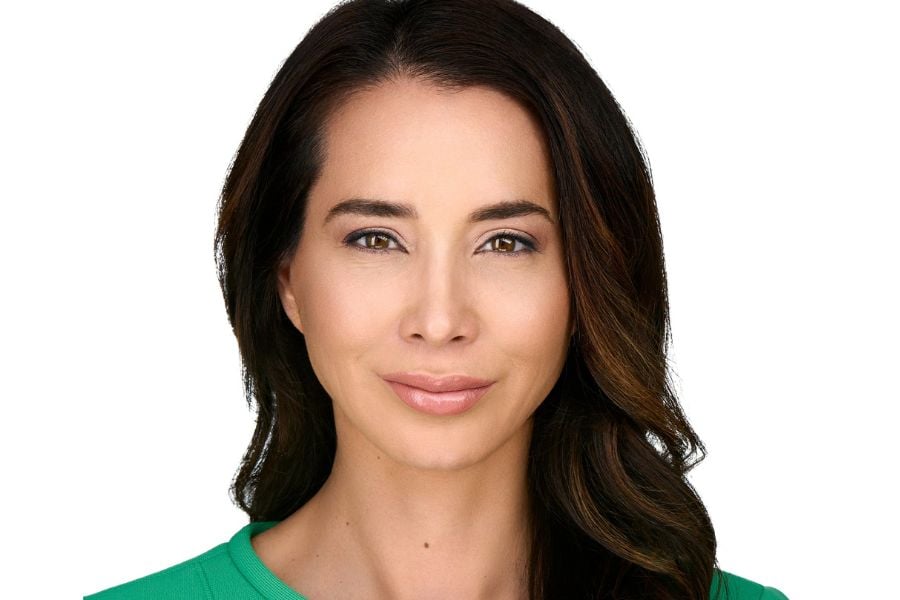

Brenda O’Connor Juanas is different than most financial advisors in the US. As a citizen of both Canada and the US, she’s able to offer her Canadian clients the best of both worlds.
“What I often do at UBS is supplement what is being offered by the Canadian banks with what they can't necessarily get access to,” said O’Connor Juanas, a senior vice president at UBS. “For example, alternative products. We have a really robust platform here, and Canadian resident clients may not always be able to get access to those types of investment ideas or opportunities.”
O’Connor Juanas spends a lot of her time educating and engaging with her 40 ultra-high-net worth families. Her clients are a mix of Canadian and American creators of wealth, founders, and entrepreneurs transitioning through the sale of a business or an IPO, who come to her by referral.
Education and engagement with her clients are what she describes as her “big mantra.”
“Education creates engagement and engagement is what leads to long-term relationships with clients,” she says. “So you have to figure out how to deliver your messaging and how to deliver your knowledge in a way that makes sense for that client. There are some female clients that just absorb and need information in a different way.”
O’Connor Juanas added that advisors have to understand what the drivers of a client’s wealth are, particularly when it comes to women, and that women should be treated and served in the same vein as men.
“Their sources of wealth are differentiated and that's the thing that should be driving how we service them – whether they're an entrepreneur, a founder, a divorcee, someone that's inherited wealth, someone who's an executive,” she says. “When I work with women, I don't just look at them in terms of their gender. I look at them in terms of how they live day-to-day and what's driving their wealth, and I think that firms need to continue to embody that approach because that's the only way to success.”
While the industry heavily relies on performance and tends to focus on returns, O’Connor Juanas noted that returns and performance aren't always the key drivers to success in long-term relationships with clients.
“It's about the other drivers in terms of planning,” she says. “For example, ensuring your children are going to be able to go to university and that you're set up strategically from a financial perspective to achieve that. It's all the kind of software touch points that talk to what the goals of the client are versus just, I'm going to be able to deliver 20 percent net returns on your portfolio year after year.”
For the industry to invest in the next generation of female advisors, O’Connor Juanas says advisors and senior level executives should be committed to hiring more female advisors and continuing to improve accreditations. “They need to see there's a well-trodden path of success ahead of them.”
She also sees mentorship playing an important role for women.
“I don't think that this can happen through forced mentorship because if those relationships aren’t genuinely built, they’re not going to be durable over the long term. But finding champions within an organization is critical to anyone's success,” O’Connor Juanas says. Even male counterparts.
“It's certainly been an asset in terms of my career,” she notes. “You want someone in the room talking about you, advocating for you, and putting your name forward for any other opportunities when you're not there.”
O’Connor Juanas grew up in Oakville, Ontario, near Toronto, and graduated from the Ivey Business School at Western University. She then “very quickly” trekked across the border to pursue her MBA at Cornell, and after graduating, landed her first job in the wealth management space at Citi Private Bank in New York.
It wasn’t long before she moved back to Canada to work at Credit Suisse, where she stayed for a number of years and was instrumental in helping the firm build its onshore private banks. At that point, O’Connor Juanas notes, Credit Suisse had only an investment bank, an asset manager and a securities business. UBS acquired Credit Suisse last year.
“I was part of the team that built that up,” she says.
After Credit Suisse left North America, O’Connor Juanas moved into her role at UBS Canada, and in 2020, went back to the US, where she currently resides, working out of the Miami office.
“It was not a Covid move, although in hindsight, it looks like it,” she says. “But I essentially moved down to the US because it had a bigger, broader platform. And for me, delivering the best to a lot of my Canadian families was very important.”
O’Connor Juanas says the transfer of wealth will play a big role in bringing more female advisors to the industry.
“Fifty percent of university graduates are women because of how our society is evolving and where the wealth is being created,” she said. “This is going to only accelerate as we enter this great transition of wealth. As a female client, having [an advisor] that looks like them often makes them feel better, and it makes them interested in working with someone like that.”

Relationships are key to our business but advisors are often slow to engage in specific activities designed to foster them.

Whichever path you go down, act now while you're still in control.

Pro-bitcoin professionals, however, say the cryptocurrency has ushered in change.

“LPL has evolved significantly over the last decade and still wants to scale up,” says one industry executive.

Survey findings from the Nationwide Retirement Institute offers pearls of planning wisdom from 60- to 65-year-olds, as well as insights into concerns.
Streamline your outreach with Aidentified's AI-driven solutions
This season’s market volatility: Positioning for rate relief, income growth and the AI rebound
